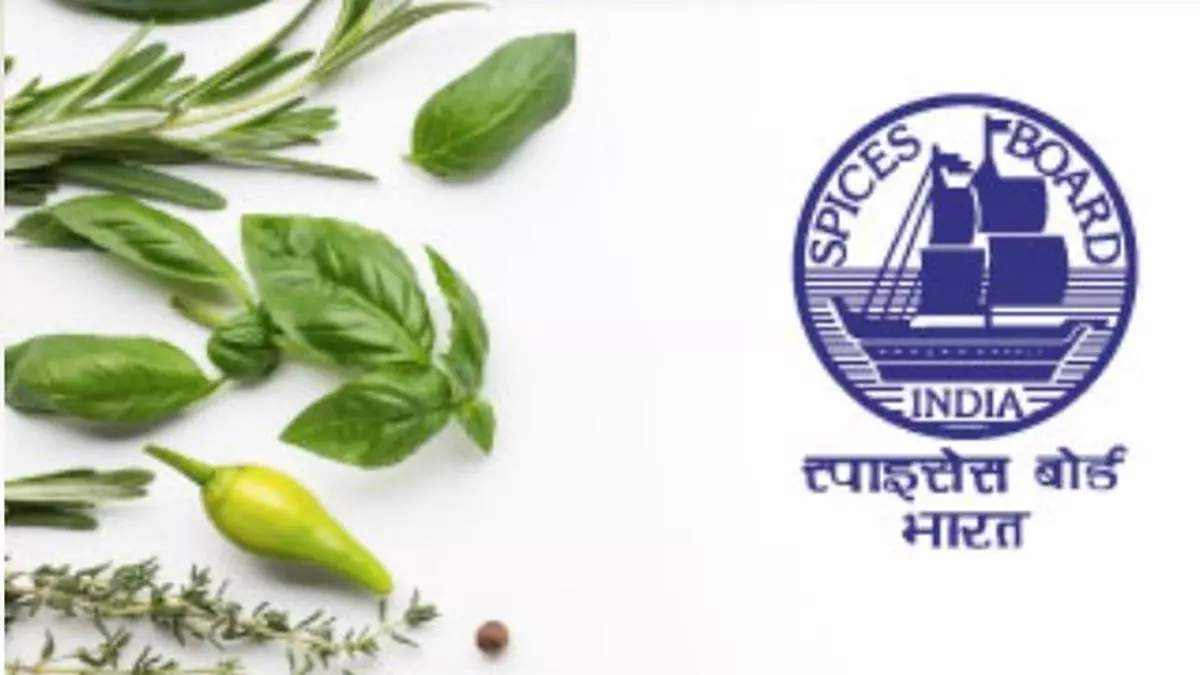Spices Board mandates ETO testing for spice exports to Singapore, Hong Kong from May 6
All spice consignments exported to Singapore and Hong Kong, including ready-to-eat products will mandatorily need to be tested for Ethylene Oxide (ETO) contamination and given clearance by the Spices Board from May 6 2024.
“As a proactive measure to address the concerns regarding ETO contamination in spice products, Spices Board, in consultation with the spice industry, has decided to commence mandatory ETO testing in spice consignments exported for Singapore and Hong Kong. The maximum residue limit (MRL) for ETO in spices as per Singapore Food Agency is 50 ppm, whereas Hong Kong has zero tolerance,” per a circular issued by Spices Board to all exporters of spices and spice products as well as export bodies.
Last month, Hong Kong recalled three spice blends made by India’s MDH and a spice mix for a fish curry made by Everest. Later, Singapore ordered a recall of the same Everest mix, stating that it contained high levels of ETO, which could cause cancer in humans.
Following this, other countries, such as the US and Australia, have also raised questions about the quality of some Indian spices and are determining whether further action needs to be taken.
India exported spices worth $3.95 billion in 2022-23, per the Spices Board.
While the Spices Board mandate for ETO testing currently applies to consignments to Singapore and Hong Kong, it recently circulated detailed guidelines for exporters on preventing ETO contamination for the safety of all markets.
The guidelines advise exporters against using ETO as a sterilising agent to reduce microbial contamination in spices consignments and suggest alternatives such as steam sterilisation and irradiation (not applicable to organic products under NPOP). It also provides the MRLs for ETO in important markets.
- Editorial. Alleged spices contamination, a wake-up call
“Exporters are advised to test their raw materials, processing aids and finished goods for ETO contamination. On instances of ETO detection above the permissible limits of the importing countries, exporters shall not export the products. Root cause analysis for its occurrence and preventive measures to be followed, shall be recorded for taking necessary steps to avoid future recurrence,” the guidelines noted.
- Read: Dabur India says Badshah Masala products are in compliance with domestic and international norms
Measures to prevent microbiological cross-contamination, appropriate packaging, careful transportation to ensure protection from any of the external adverse environmental factors and careful handling of samples for testing were also proposed in the guidelines.
